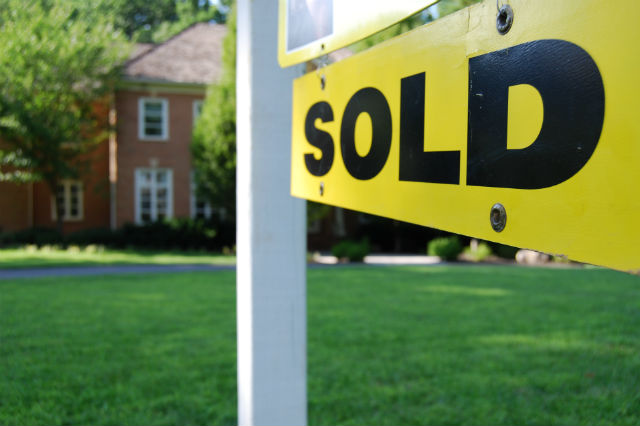Are you planning to buy or sell a home? Maybe it’s your first time. If so, you’re probably wondering what to expect on closing day.
In a nutshell, the buyer pays the outstanding balance on the home along with any closing costs and fees. After signing a pile of paperwork, the seller transfers the property over to the buyer, who closes on the mortgage and celebrates becoming a new homeowner.
Simple, right? Not quite!
There are many steps that need to be taken before the big day. Perhaps most important, a buyer will need to be financially prepared, with ample funds to make a down payment, prove creditworthiness and pay closing costs.
On the Day of the Closing
Typically, the buyer, seller, closing attorney and real estate agent attend the closing. Sometimes the mortgage lender sends a representative to attend, too. Mortgage co-signers need to be present. A buyer’s spouse may also need to attend the closing, depending on the state.
What You’ll Need
- Government-issued photo ID.
- Proof of homeowners insurance.
- Cashier’s or certified check.
- Personal checkbook (in case of unexpected, last-minute expenses).
- Keys and security codes for the property (seller).
One thing you can be sure to expect at closing? Lots of paper. Documents to sign include the property deed, bill of sale, promissory note and closing disclosure. Which paperwork you sign depends on the state you’re in, but you can plan on signing a stack of more than 30 documents.
Ideally, buyers are handed the keys to their new home after the closing. Quite often, the move-in date takes place on the same day of the deed recording. Depending on what city or county you’re in, it may take up to a few days.
Sometimes, a specific move-in date will be set in the purchase agreement. Ask your realtor about your move-in date well in advance of the closing. Also, try to schedule the closing in the morning and earlier in the week so there is enough time to record the deed with the city or county.
Closing Costs Explained
Closing costs can be substantial. They may include origination fees, appraisals, taxes, surveys, title searches, recording fees, credit reports, attorney’s fees, home inspections and homeowners insurance. Buyers often go into sticker shock when they see the total closing-day bill.
Sellers may also have closing expenses such as utility bills and real estate agent commissions. Closing costs are paid for with a cashier’s check, certified check or wire transfer.
To pave the way for a smooth transaction, AAA Northeast mortgage specialist Louis Alfaia suggests buyers first get pre-qualified for a mortgage. “I recommend buyers start with a mortgage company or bank they trust,” he said.
“You’ll meet with a mortgage loan originator or specialist,” said Alfaia. “They’re going to review your income, your assets and your credit profile. In doing so, they’ll qualify you and tell you what you can finance. Once that’s done and you have your prequalification in hand, you start shopping for your home.”
Learn more about the benefits of prequalifying for a mortgage.

Once a buyer is pre-qualified, they move to the next step: pre-approval. A pre-approval gives the buyer a competitive edge, as sellers know are serious and likely to be approved for a mortgage. Pre-approval typically lasts for up to 90 days, Alfaia said.
He warns buyers not to make any major financial changes leading up to the closing. Examples include changing or quitting jobs, making large purchases or opening a new line of credit.
Sometimes buyers get excited and go out and buy new home items on credit, Alfaia said. This is a big no-no. “If you go out and get a credit card to purchase furniture, it can affect your credit and your ability to repay the mortgage. You’ve just added debt to the scenario.”
Timing Is Key
The purchase and sale agreement is completed soon after the buyer’s offer is accepted. It specifies the final sale price, the closing date, the title company and the terms of the earnest money deposit, which can be used as a down payment on the home. “It’s the actual contractual agreement between buyer and seller, with final terms of the purchase,” said Alfaia.
It also lays out what are known as “closing contingencies.” These include dates by when to have your financing approved and when you’ll need to complete a home inspection. “Once you have the signed purchase agreement, you normally have 10 days to do a home inspection,” Alfaia said.
At least three days before the closing, the lender will provide a closing disclosure that further outlines the terms of the mortgage, he said. This document lists closing fees, monthly payments and total balance due. “It’s like a balance sheet,” said Alfaia.
A final walk-through of the home is scheduled very near to closing day. “It’s usually recommended to have it done the day before closing,” said Alfaia, to ensure buyers are getting the property they signed up to purchase.
Do you have any questions or additional tips for what to expect at closing? Leave us a comment below.
















